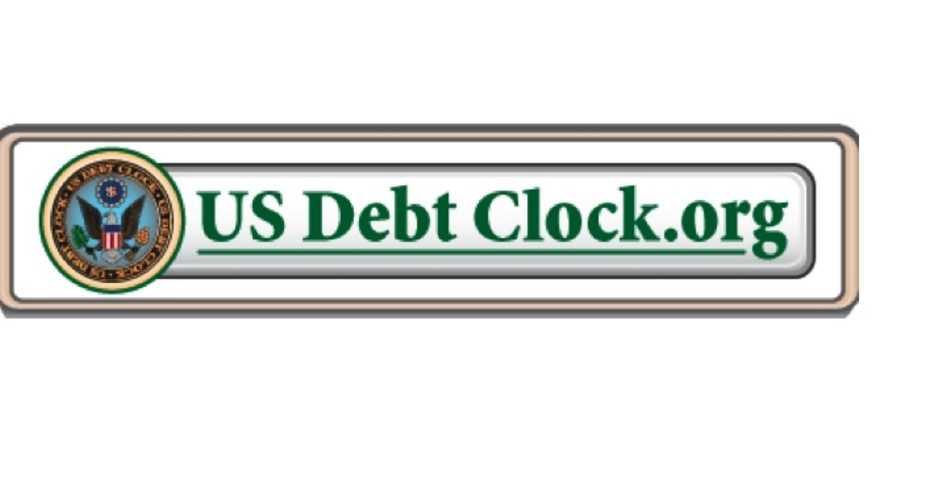
As we reported previously, On November 2, President Obama signed into law a massive bipartisan budget bill that increases spending by more than $100 billion, and also suspends the federal government’s $18.1-trillion debt limit until March 15, 2017. The very day of the bill’s passage, the total debt of the United States, as reported on the Treasury Department’s website, jumped $339 billion — increasing from $18.153 trillion on October 30 to $18.492 trillion on Monday, November 2. This represented an increase of $341 billion since September 10.
At the signing of the legislation, Obama said that Republicans and Democrats had come together to “set up a responsible, long-term budget process” that will purportedly create jobs and assist the economy.
Generations of Americans who were raised to value thrift and the avoidance of debt in their personal budgets may find it hard to understand how any president can describe a budget that drives the nation deeper and deeper into debt as “responsible.”
When the budget bill (H.R. 1314) was being debated in the Senate, presidential candidate Senator Rand Paul (R-Ky.) strongly criticized it, asserting:
I left my medical practice and ran for office because I was concerned about an $18 trillion debt. We borrow a million dollars a minute. Now, on the floor of the Congress, the Washington establishment from both parties puts forward a bill that will explode the deficit. It allows President Obama to borrow unlimited amounts of money.
A Senate colleague od Paul’s from Texas, Ted Cruz, another candidate for the GOP presidential nomination, criticized the Republican majorities in both houses of Congress for giving Obama a “diamond-encrusted, glow-in-the-dark Amex card” for government spending. “It’s a pretty nifty card,” Cruz said. “You don’t have to pay for it, you get to spend it and it’s somebody else’s problem.”
Section 901 of H.R. 1314, the “Bipartisan Budget Act of 2015,” which provides for “Temporary Extension of the Public Debt Limit,” essentially removes the cap on the public debt from the date of the enactment of the bill through March 16, 2017.
However, that date does not end the payment obligations of our federal government. The bill states:
Effective March 16, 2017, the limitation in effect under section 3101(b) of title 31, United States Code, shall be increased to the extent that — the face amount of obligations issued under chapter 31 of such title and the face amount of obligations whose principal and interest are guaranteed by the United States Government (except guaranteed obligations held by the Secretary of the Treasury) outstanding on March 16, 2017, exceeds the face amount of such obligations outstanding on the date of the enactment of this Act. [Emphasis added.]
In short, if, on March 16, 2017, the federal government owes more than it owed as of November 2, which is guaranteed, then the debt limit must be increased to cover whatever is owed!
Such wording hardly encourages budget restraint or frugality on the part of our executive and legislative branches. Paul hit the nail on the head when he said, “[The bill] allows President Obama to borrow unlimited amounts of money.”
The Founders of our Republic often spoke about the pitfalls of government spending and debt. A few pertinent quotes follow:
• “No pecuniary consideration is more urgent, than the regular redemption and discharge of the public debt: on none can delay be more injurious, or an economy of time more valuable.” — George Washington
• “I place economy among the first and most important virtues, and public debt as the greatest of dangers to be feared. To preserve our independence, we must not let our rulers load us with perpetual debt. If we run into such debts, we must be taxed in our meat and drink, in our necessities and in our comforts, in our labor and in our amusements. If we can prevent the government from wasting the labor of the people, under the pretense of caring for them, they will be happy.” — Thomas Jefferson
• “If ever again our nation stumbles upon unfunded paper, it shall surely be like death to our body politic. This country will crash.” — George Washington
• “The principle of spending money to be paid by posterity, under the name of funding, is but swindling futurity on a large scale.” — Thomas Jefferson
• “I wish it were possible to obtain a single amendment to our Constitution. I would be willing to depend on that alone for the reduction of the administration of our government to the genuine principles of its Constitution; I mean an additional article, taking from the federal government the power of borrowing.” — Thomas Jefferson
• “When the people find that they can vote themselves money, that will herald the end of the republic.” — Benjamin Franklin
• “To compel a man to furnish funds for the propagation of ideas he disbelieves and abhors is sinful and tyrannical.” — Thomas Jefferson
Related articles:
Obama Signs Budget Bill With Unlimited Debt Limit
Neocon Senate Republicans Join Democrats to Pass Mammoth Budget
Boehner Cuts Deal With White House; National Debt to Reach $20 Trillion
McConnell Betrays Conservatives by Promising to Raise Debt Ceiling



